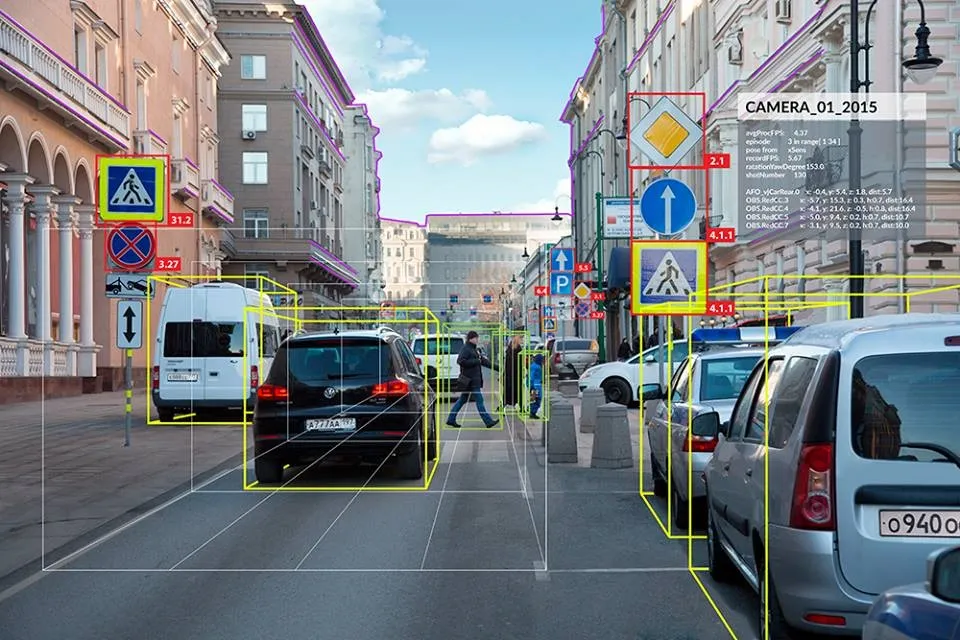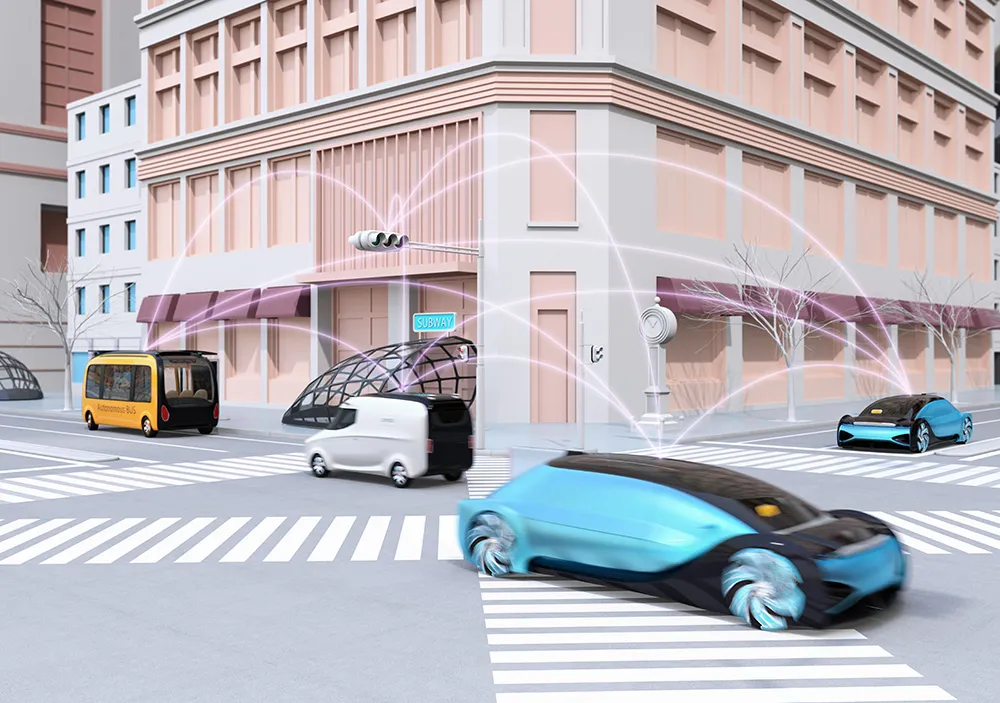Hyundai Motor will initially focus on the next generation of in-vehicle networks at the core of connected car technology, optimising the transmission and reception of data within the vehicle.
Hyundai Motor and Cisco will collaborate to create a testing environment for vehicle simulation. The companies will cooperate on basic research to analyse the flow of data and verify new technologies for connected cars. Hyundai Motor will also invest in cloud, big data analytics and connected car security technologies, with huge investment in research and development.
Hyundai Motor recently outlined its Connected Car Roadmap, introducing four main service fields as part of its ‘hyper-connected intelligent cars’ concept. The mid- to long- term development focus includes: smart remote maintenance service, autonomous driving, Smart Traffic, and connectivity Mobility Hub, all of which will benefit from continued R&D investment in the fields of in-vehicle networks, cloud and big data analytics and connected car security technologies.
Hyundai Motor and Cisco collaborate on connected car project
Hyundai Motor Company is accelerating its connected car technology development by collaborating with IT and networking specialist Cisco. The cooperation is part of Hyundai Motor’s wider strategy to establish an industry-leading connected car platform through collaboration with leading technology partners.
July 3, 2017
Read time: 2 mins








